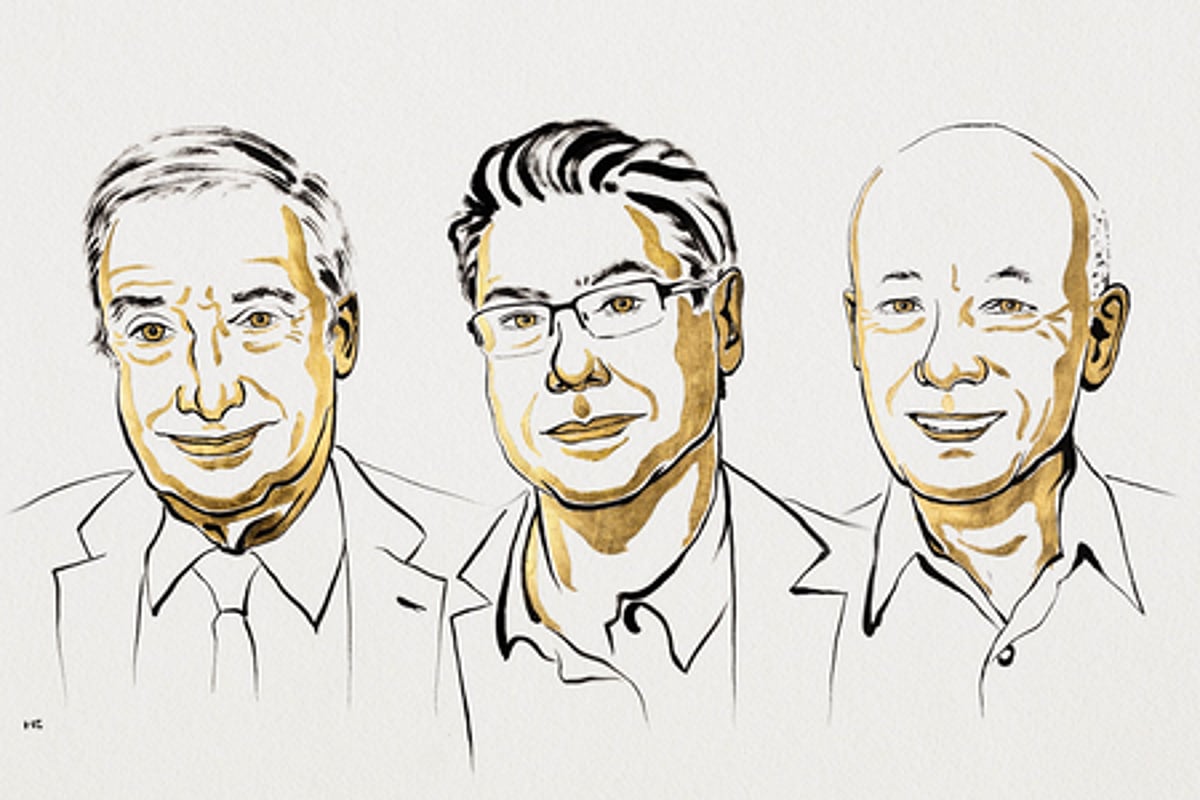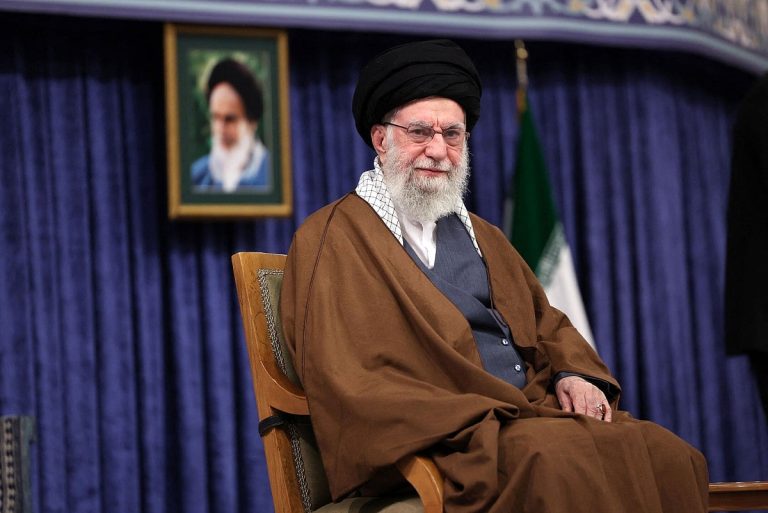Nobel Prize in Economics Awarded for Innovation Insights
The Nobel Prize in Economics has been awarded to Joel Mokyr, Philippe Aghion, and Peter Howitt for their significant contributions to understanding innovation-driven economic growth. Their research highlights the concept of creative destruction, which explains how new innovations can replace outdated technologies and businesses, fostering economic progress.
The Laureates and Their Contributions
The three winners bring diverse perspectives to the field of economics. Joel Mokyr, an economic historian from Northwestern University, has focused on long-term trends using historical data. In contrast, Philippe Aghion from the Collège de France and the London School of Economics, along with Peter Howitt from Brown University, have utilized mathematical models to analyze the dynamics of creative destruction.
Mokyr, 79, expressed his gratitude upon receiving the award, while Aghion, 69, shared his surprise during a press conference in Stockholm. He indicated plans to invest his prize money back into his research efforts. Howitt, also 79, has been a key figure in advancing the understanding of economic growth through mathematical frameworks.
Understanding Creative Destruction
Creative destruction is a fundamental principle in economics, originally articulated by Joseph Schumpeter in his 1942 work, “Capitalism, Socialism and Democracy.” It describes the process by which new innovations displace older technologies, leading to economic evolution. The Nobel committee recognized the laureates for their ability to clarify and quantify this concept, emphasizing its importance in sustaining economic growth.
Mokyr’s research illustrates that for innovations to thrive, it is essential to have not only practical evidence of their effectiveness but also scientific explanations for their success. Aghion and Howitt’s collaborative work includes a notable 1992 article where they developed a mathematical model to explore the mechanisms of creative destruction.
Impact on Policy and Future Directions
Aghion’s influence extends beyond academia; he played a role in shaping French President Emmanuel Macron’s economic policies during the 2017 election. Recently, he co-chaired a commission on artificial intelligence, which provided recommendations to enhance France’s position in the AI sector.
John Hassler, Chair of the Nobel committee for economic sciences, remarked on the significance of the laureates’ work, stating that economic growth is not guaranteed. He emphasized the need to support the mechanisms that facilitate creative destruction to avoid stagnation.
Prize Details
The Nobel Prize in Economics, officially known as the Bank of Sweden Prize in Economic Sciences in Memory of Alfred Nobel, was established in 1968. The prize consists of 11 million Swedish kronor (approximately $1.2 million), with Mokyr receiving half and Aghion and Howitt sharing the other half. Along with the monetary award, the winners receive an 18-carat gold medal and a diploma.
Since its inception, the economics prize has been awarded 56 times to a total of 96 laureates, with only three women among the recipients. Although some purists argue that the economics prize is not a true Nobel Prize, it is presented alongside the other Nobel awards on December 10, the anniversary of Alfred Nobel’s death.
Recent Nobel Announcements
The announcement of the economics prize follows the recent recognition of achievements in other fields, including medicine, physics, chemistry, literature, and peace. Last year’s economics award was given to Daron Acemoglu, Simon Johnson, and James A. Robinson for their research on the economic disparities between nations and the role of open societies in fostering prosperity.
FAQs
Who are the winners of the 2025 Nobel Prize in Economics?
The winners are Joel Mokyr, Philippe Aghion, and Peter Howitt, recognized for their work on innovation-driven economic growth and the concept of creative destruction.
What is creative destruction in economics?
Creative destruction refers to the process where new innovations replace outdated technologies and businesses, leading to economic growth and evolution.
How is the Nobel Prize in Economics different from other Nobel Prizes?
While the economics prize is not one of the original Nobel Prizes established by Alfred Nobel, it is awarded alongside them and shares similar prestige.
Conclusion
The 2025 Nobel Prize in Economics highlights the vital role of innovation in economic growth through the lens of creative destruction. As the winners continue their research and influence policy, their work underscores the importance of fostering an environment conducive to innovation to ensure sustained economic progress.
Also Read:
Djokovic’s Future: Will the Australian Open Be His Last?
Highlights from the 2025 Filmfare Awards Ceremony
Gold Price Trends in the UAE: Current Insights and Predictio






